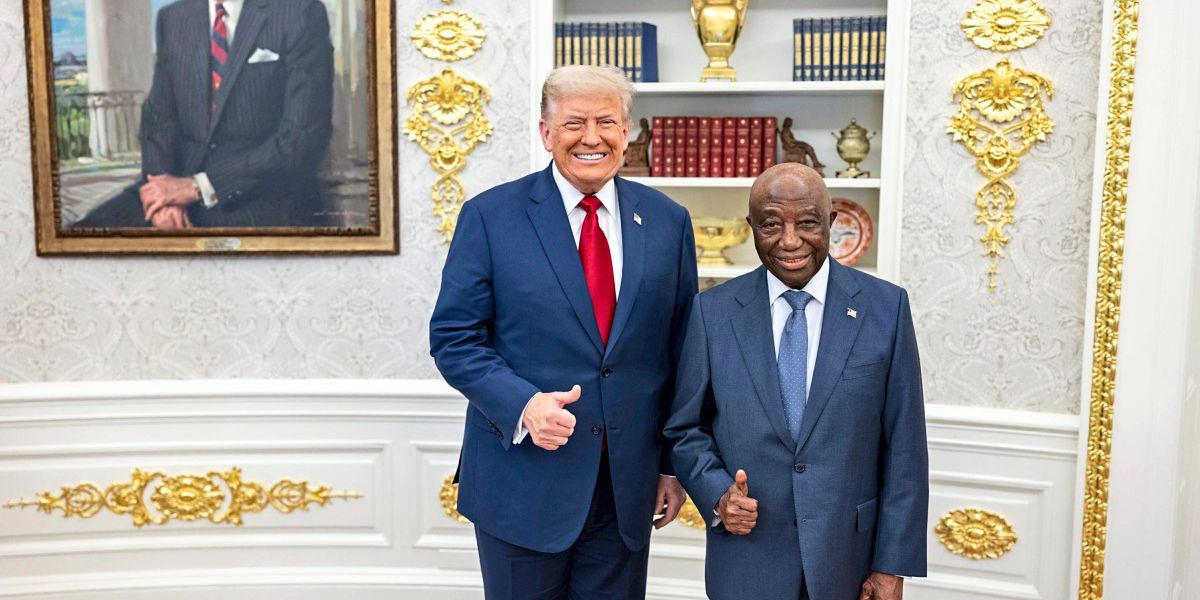China Discusses Cryptocurrencies

There's talk in China about cryptocurrencies again. Government officials recently met in Shanghai to discuss stablecoins, especially those tied to the Chinese Yuan. Stablecoins are a type of cryptocurrency whose value is pegged to another asset, like a traditional currency. The idea is to make them less volatile than other cryptocurrencies like Bitcoin.
Experts at the meeting suggested that China should issue licenses for Yuan-based stablecoins. They believe this could encourage innovation in finance, help the Yuan become more widely used internationally, and reduce the dominance of stablecoins linked to the US dollar.
Government Agency Supports Yuan Stablecoin
The Shanghai State-owned Assets Supervision and Administration Commission (SASAC), which oversees state-owned businesses, held a meeting about Yuan-based stablecoins. This shows a growing interest from the government in exploring this technology.
During the meeting, experts explained the potential benefits and challenges of stablecoins. They also proposed ways to regulate them. The head of SASAC, He Qing, emphasized the need to understand new technologies and conduct more research into digital currencies.
Central Bank's New Interest
Big Chinese companies like JD.com and Ant Group have been pushing for a Yuan-backed stablecoin to make payments faster and cheaper, and to challenge the US dollar's influence. Now, China's central bank is also looking into it.
Although the central bank's governor, Pan Gongsheng, has mentioned the risks of stablecoins, he has also acknowledged their potential in global payment systems. A central bank advisor, Huang Yiping, even suggested using Hong Kong as a testing ground for Yuan-based stablecoins. Hong Kong already has an offshore market for the Yuan.
More Openness to Crypto on the Horizon?
These moves by the central bank and SASAC suggest that China is increasingly interested in financial innovation, including cryptocurrencies, but under government control. China has already launched its own digital currency, the e-CNY.
These discussions could lead to policies that allow companies to issue Yuan-based stablecoins for international trade. Some experts have also suggested that China should create a state-owned Bitcoin reserve and recognize cryptocurrencies as assets. They have asked for new rules regarding seized digital assets.
It remains to be seen whether the Chinese government will embrace other digital assets or loosen its restrictions on crypto trading and mining, which were put in place in 2021.
In short: China is actively exploring stablecoins tied to its Yuan, potentially signaling a shift in its approach to crypto under government supervision. This could have significant implications for global finance and the future of digital currencies.









